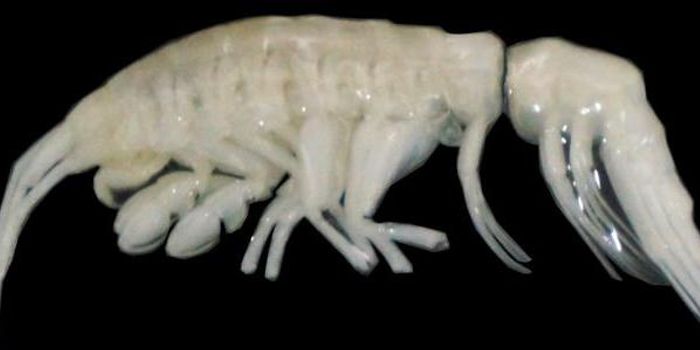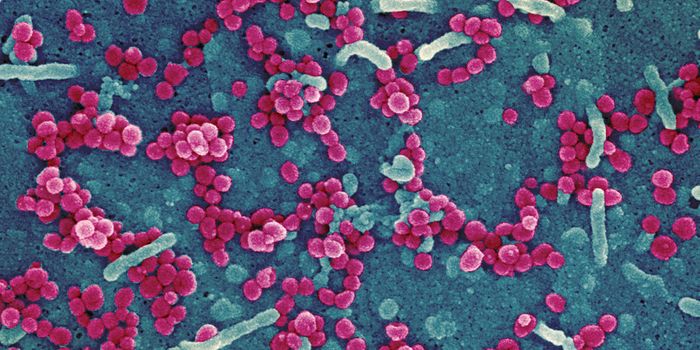The Genetic Risk of Depression is Higher in People That Attempt Suicide
Research has indicated that mental health disorders like depression are influenced by genetic factors. New work has determined that the genetic risk of depression is higher in people that have a history of attempting suicide, regardless of their psychiatric problem. This work may help scientists find biological factors that contribute to or indicate the possibility of suicide, which the tenth leading cause of death in the US according to the Centers for Disease Control and Prevention (CDC). In 2016, an estimated 1.3 million Americans attempted suicide, and suicide rates are rising.
“Like many psychiatric disorders, suicide attempt is known to have a partially genetic underpinning, and genetic studies can provide invaluable insights into the underlying biology,” explained study author Niamh Mullins, a researcher at The Mount Sinai Hospital. “Through the collective efforts of many researchers, we analyzed the genomes of suicide attempters and non-attempters across three major psychiatric disorders.”
The scientists were able to use data from the Psychiatric Genomics Consortium to see how the genetic data from 6,569 people that had attempted suicide was different from 17,232 people that had either major depressive disorder, bipolar disorder, or schizophrenia, but had not tried to commit suicide. They were able to add genomic data from Australian, European and American cohorts to that, and finally, looked at the contribution of genes to the risk of depression (with a genome-wide association study or GWAS).
Related: Association Study Links 78 Genes to Depression
“Our data showed that suicide attempters with major depressive disorder, bipolar disorder or a schizophrenia diagnosis carry a greater genetic liability for major depression than non-attempters,” said Mullins. “These results indicate the existence of a shared genetic etiology between suicide attempt and major depression that is common to suicide attempt in different psychiatric disorders.”
The researchers want to use this data to learn more about the physiology of suicide risk, and whether there are biomarkers for it; that information may help prevent deaths and mitigate the negative impacts suicide has on families and society.
"Our study is the first consortium-based GWAS on suicide attempt and makes significant progress in increasing numbers by combining samples across clinical cohorts. However, further collaborative efforts to amass samples on an even larger scale will be essential to identify specific genetic variants which play a role in increasing risk of suicide attempt," Mullins added.








